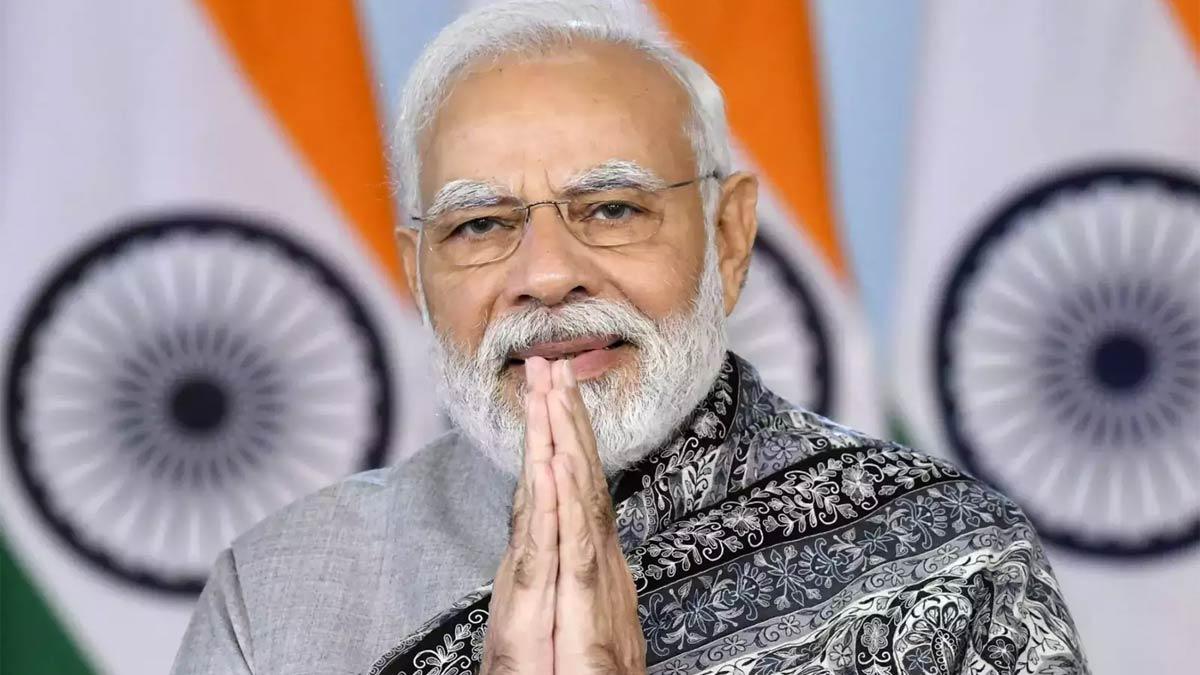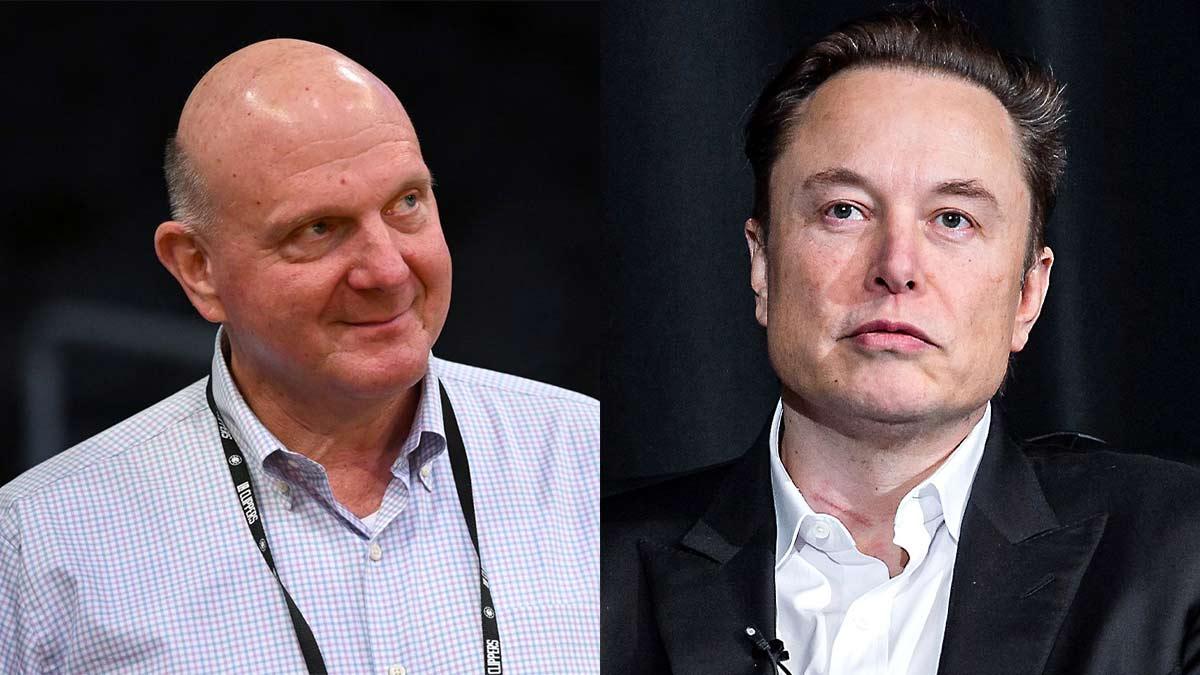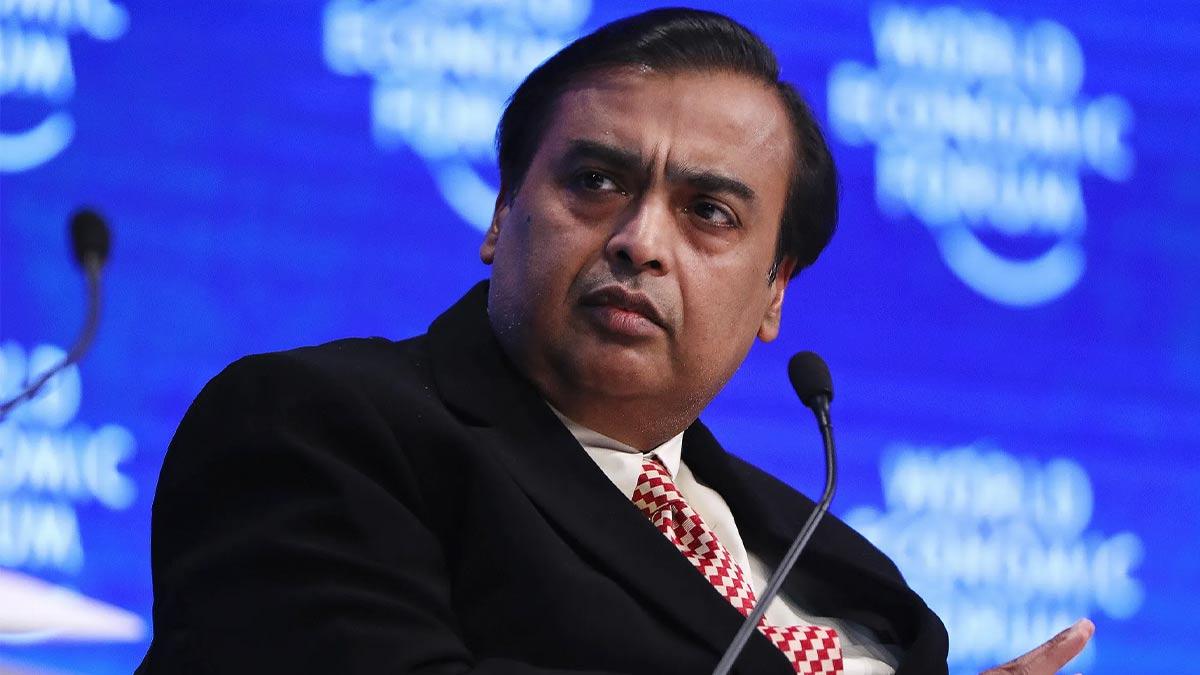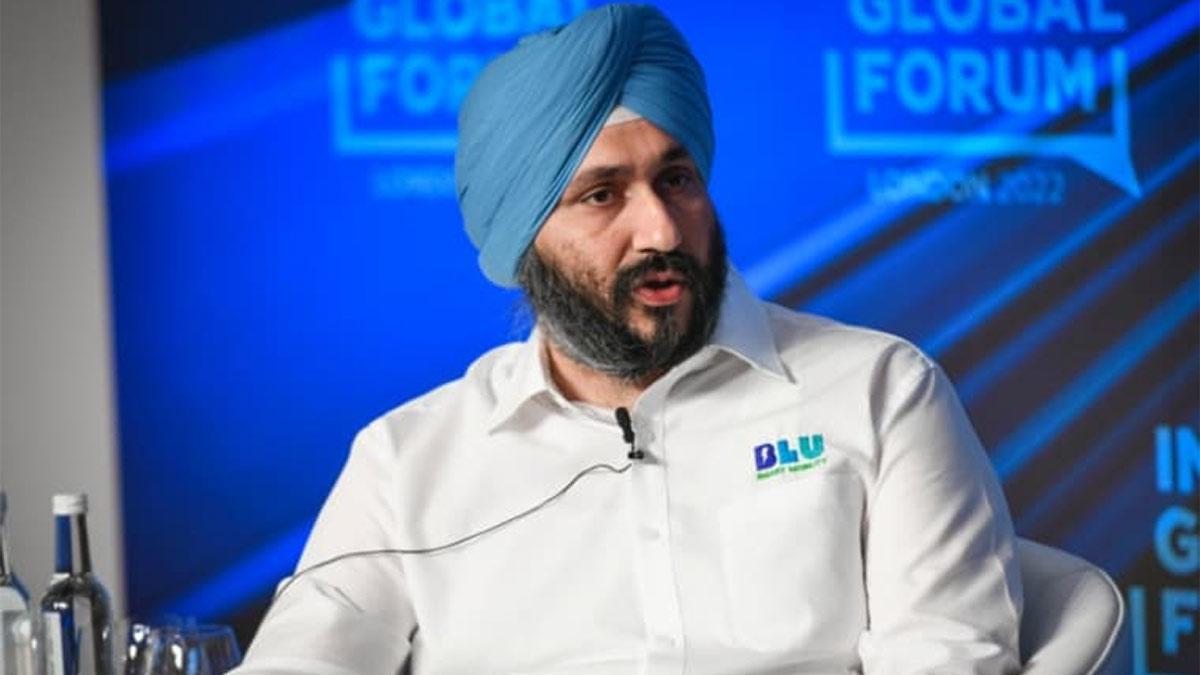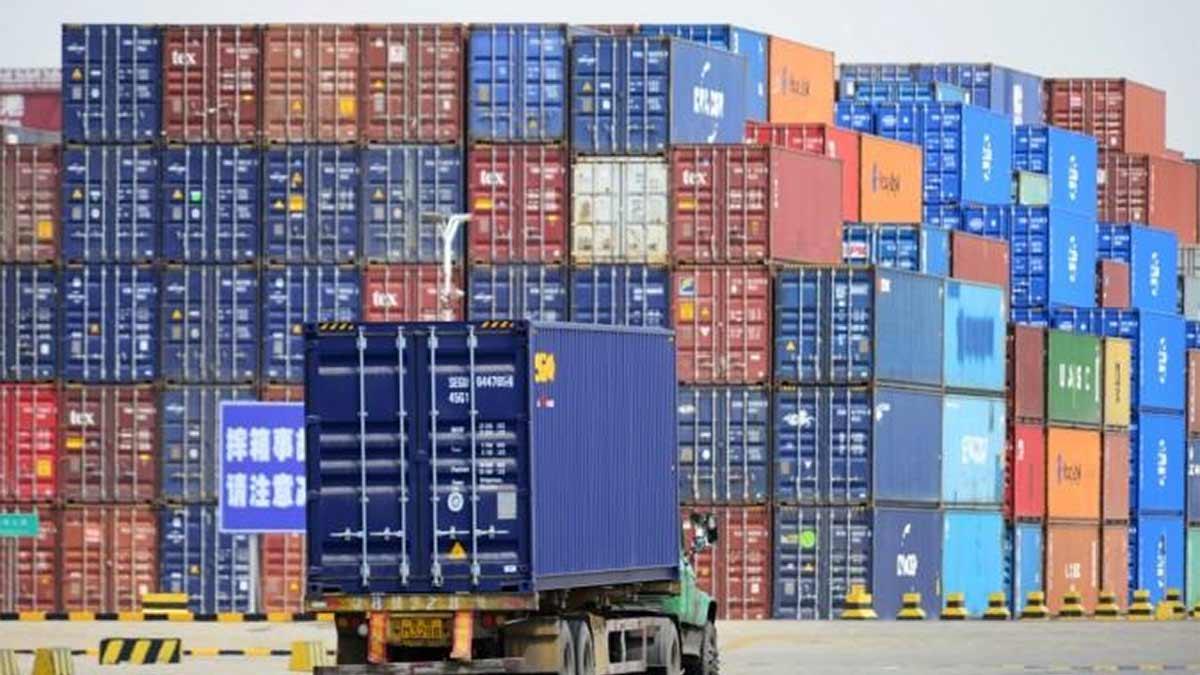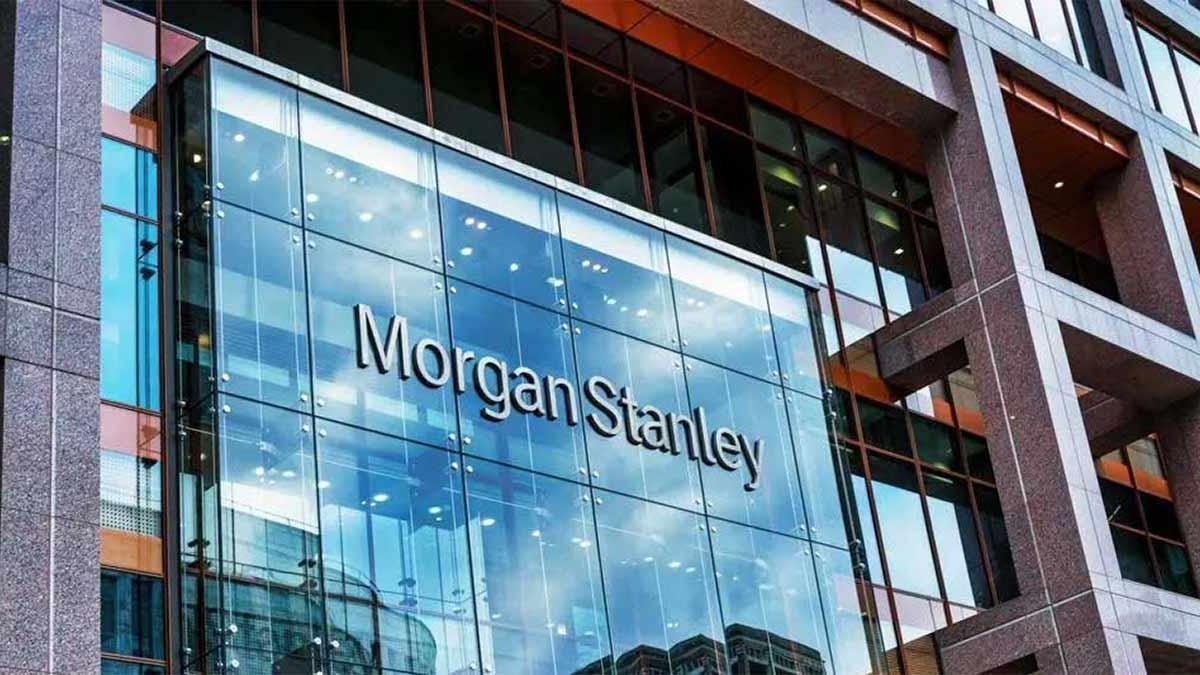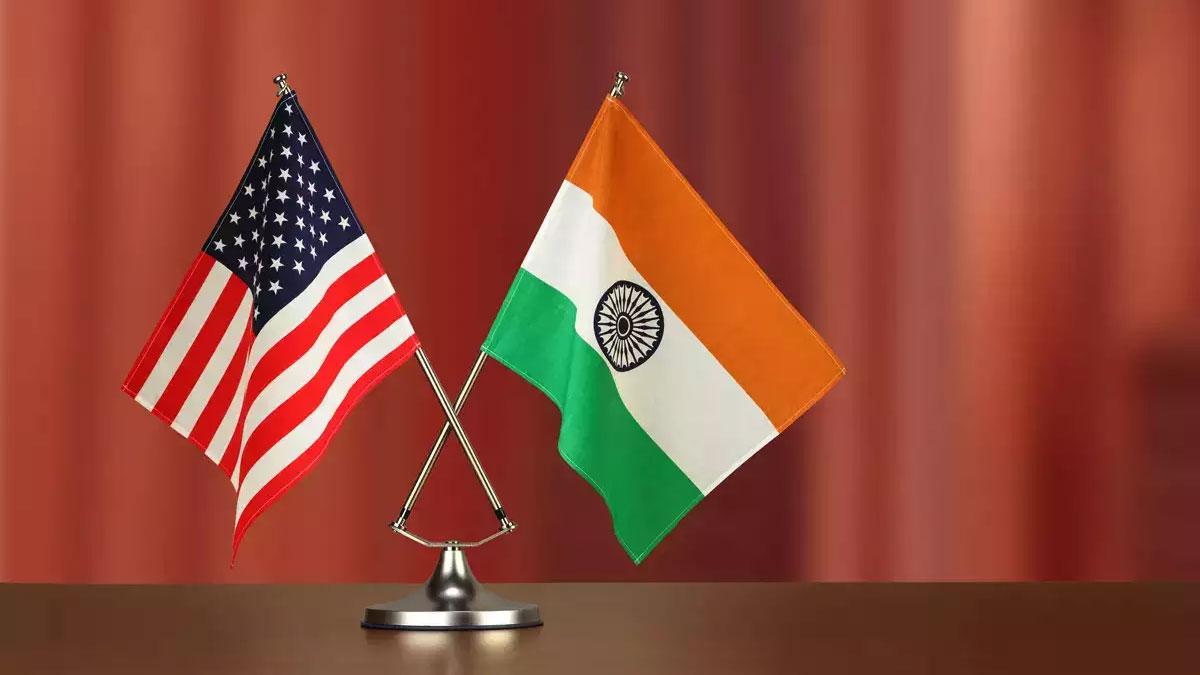As India celebrates a decade of the Pradhan Mantri Mudra Yojana (PMMY), Prime Minister Narendra Modi on Tuesday extended his heartfelt wishes to its beneficiaries. He lauded the scheme for creating a platform that has empowered millions to explore their entrepreneurial ambitions and bring their aspirations to life.
Reflecting on the inclusivity of the initiative, PM Modi expressed satisfaction that a significant portion of beneficiaries hail from underrepresented communities.
“It is particularly heartening that half of the Mudra beneficiaries belong to SC, ST and OBC Communities, and over 70% of the beneficiaries are women! Every Mudra loan carries with it dignity, self-respect and opportunity. In addition to financial inclusion, this scheme has also ensured social inclusion and economic freedom,” he stated.
While engaging with some of the beneficiaries of the scheme, the Prime Minister acknowledged that their entrepreneurial experiences were motivational. He reflected on how, in the last decade, the Mudra Yojana had enabled thousands of people to achieve their dreams.
Today, while we celebrate, #10YearsOfMUDRA, I would like to extend congratulations to all those lives which have changed for good owing to this scheme. During this period, Mudra Yojana has realized many dreams and given power to those who earlier remained unnoticed by providing them financial assistance to reach heights. It shows that anything is possible to the people of India," shared the Prime Minister.
Implemented in April 2015, the PMMY was launched to extend funding facility to small and micro enterprises with limited access to formal credit. Run under the Micro Units Development and Refinance Agency (MUDRA), the scheme has since turned into a pillar for grassroots entrepreneurship in India.
In the past decade, the initiative has approved more than 52 crore loans worth Rs 32.61 lakh crore. This credit growth has ignited an entrepreneurial revolution that has spread beyond metro cities to tier-2 towns and rural areas, where numerous people are now establishing their businesses for the first time.
The PMMY extends collateral-free loans of Rs 20 lakh or less to different Member Lending Institutions (MLIs) such as Scheduled Commercial Banks, Regional Rural Banks, NBFCs, and Micro Finance Institutions.
A government release highlighted that Mudra has shattered age-old constraints by eliminating the requirement for collateral and opening up credit. The effect can be observed in a broad spectrum of businesses—ranging from tailoring units and tea stalls to beauty parlours, auto repair shops, and mobile service stations—all powered by micro-entrepreneurs who were previously kept out of formal financial systems.
At the core of Mudra Yojana is a promise to empower the common man. As the government itself described it, the scheme is a symbol of "trust"—trust in people's ability, in their aspirations, and in the worth of even the smallest business ideas.
Women, especially, have benefited heavily from the scheme, constituting 68% of the total number of beneficiaries. The per-woman payout under PMMY increased at a compound annual growth rate (CAGR) of 13% during FY16 to FY25 to Rs 62,679. At the same time, the average deposits in the accounts of women beneficiaries increased at a CAGR of 14% to Rs 95,269. Countries where women were given larger disbursement shares experienced a significant increase in women-led MSMEs' employment generation, highlighting the success of the program in increasing women's contribution to the economy and labor force.
The SBI report on PMMY also emphasizes the scheme's drive towards social equity and identifies that 50% of all Mudra accounts belong to SC, ST, and OBC entrepreneurs. Another 11% of loan holders are from minority communities, showing the programme's ability to bring about financial inclusion and enable the deprived to become contributory members of the mainstream economy.
Read also| Trump Vows to Maintain Tariffs Until U.S. Trade Deficit Is Eliminated
Read also| Swiggy Hit with Over ₹165 Crore Tax Demands; Company Anticipates Minimal Financial Impact

